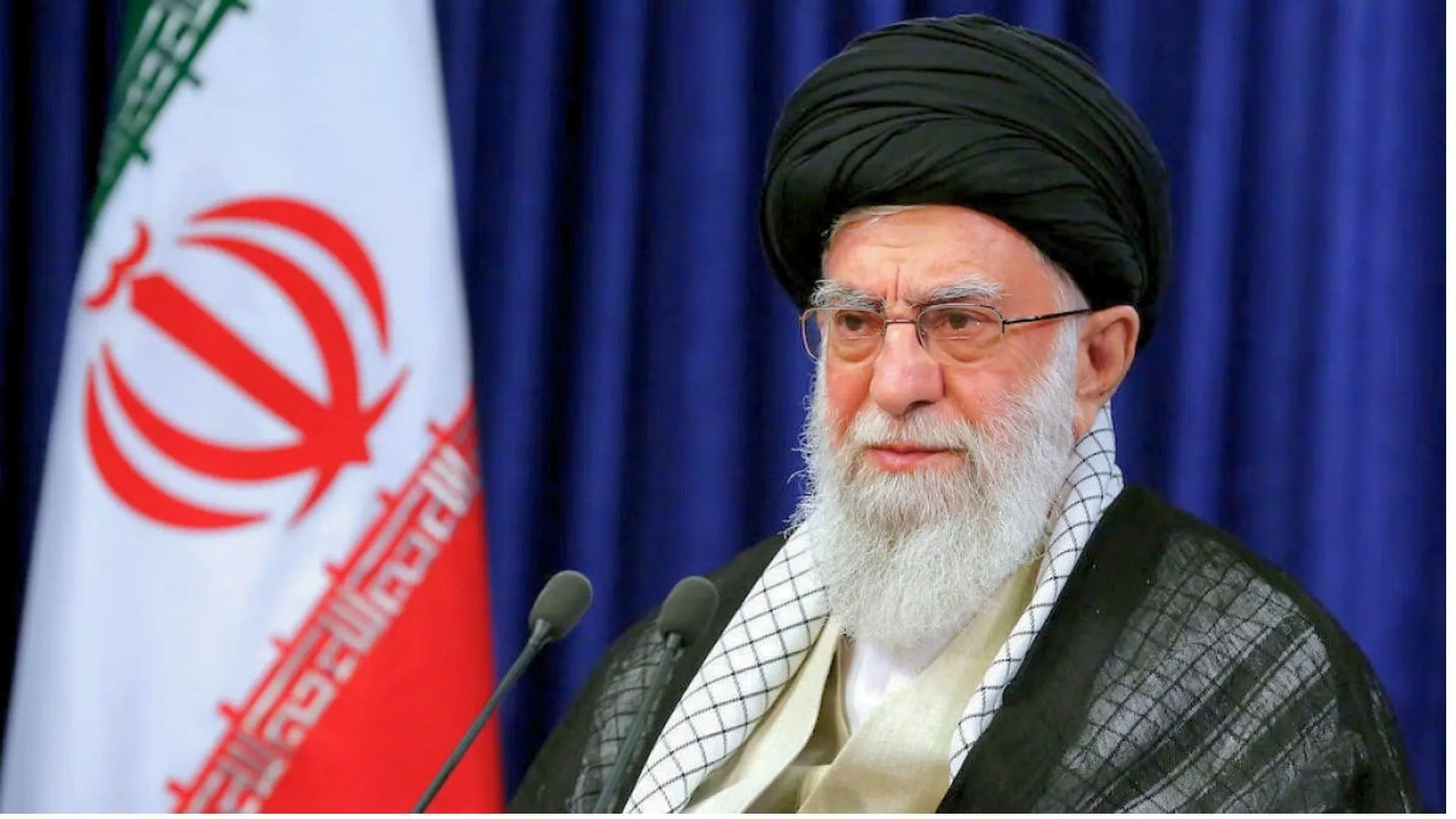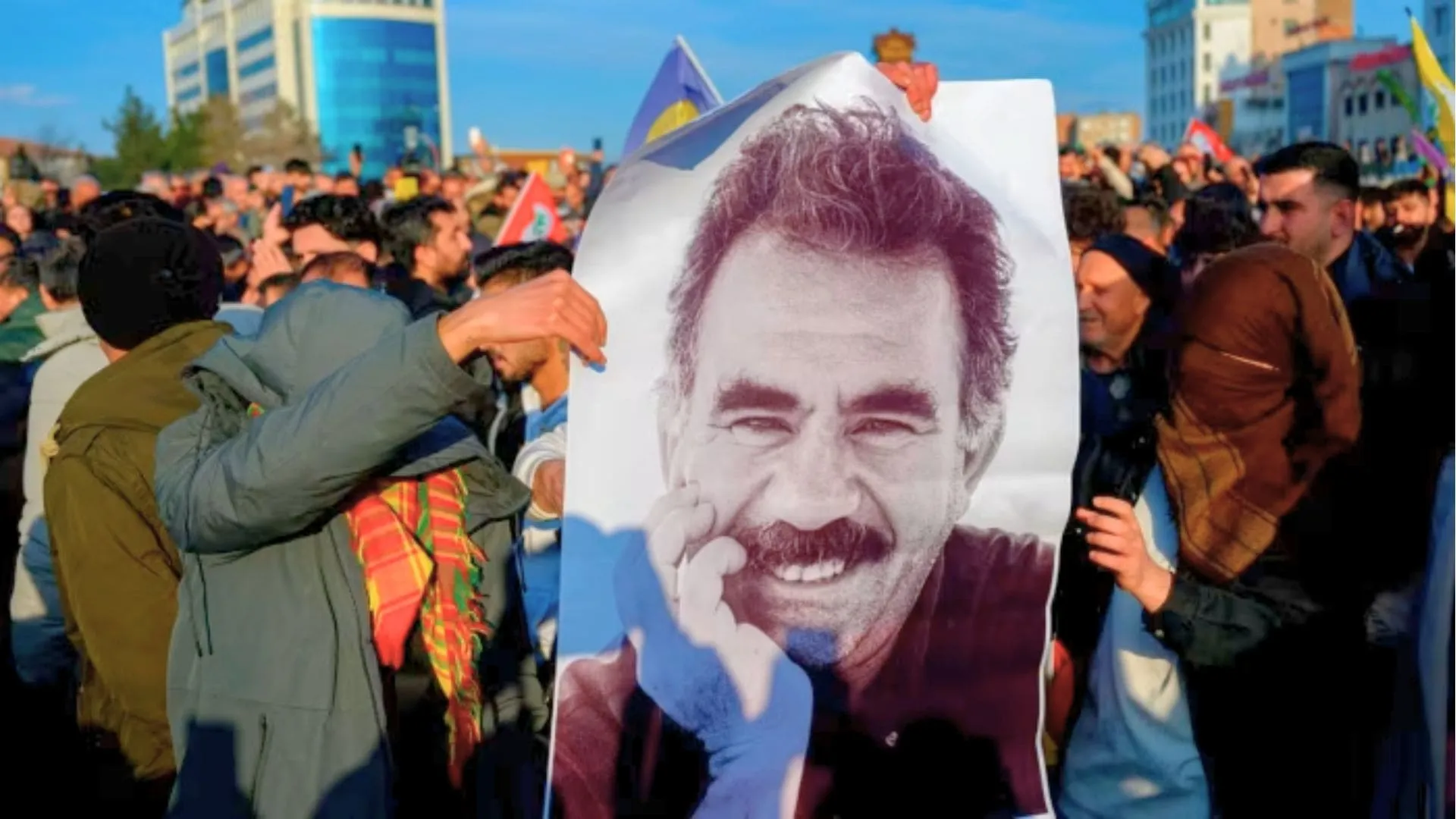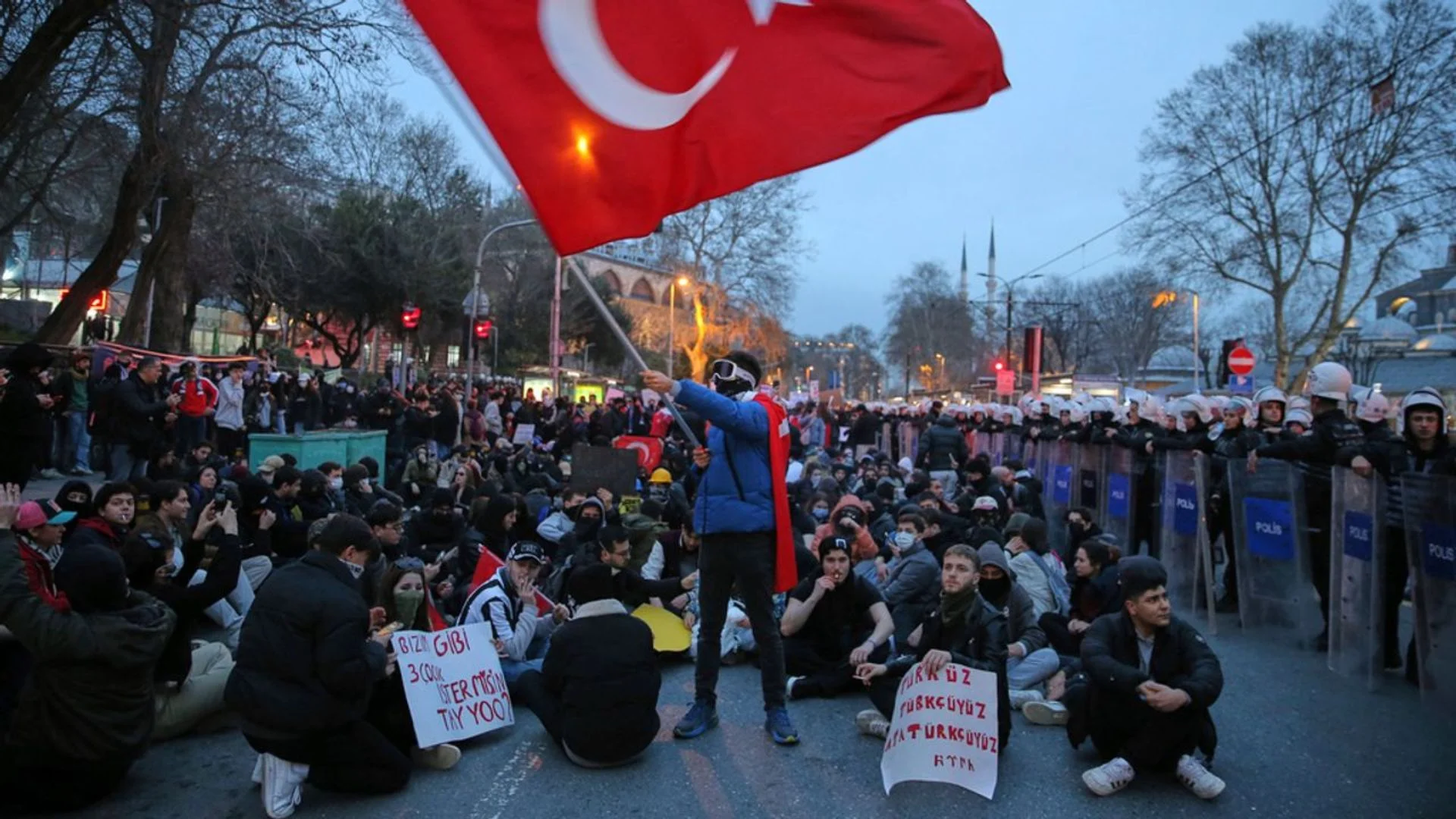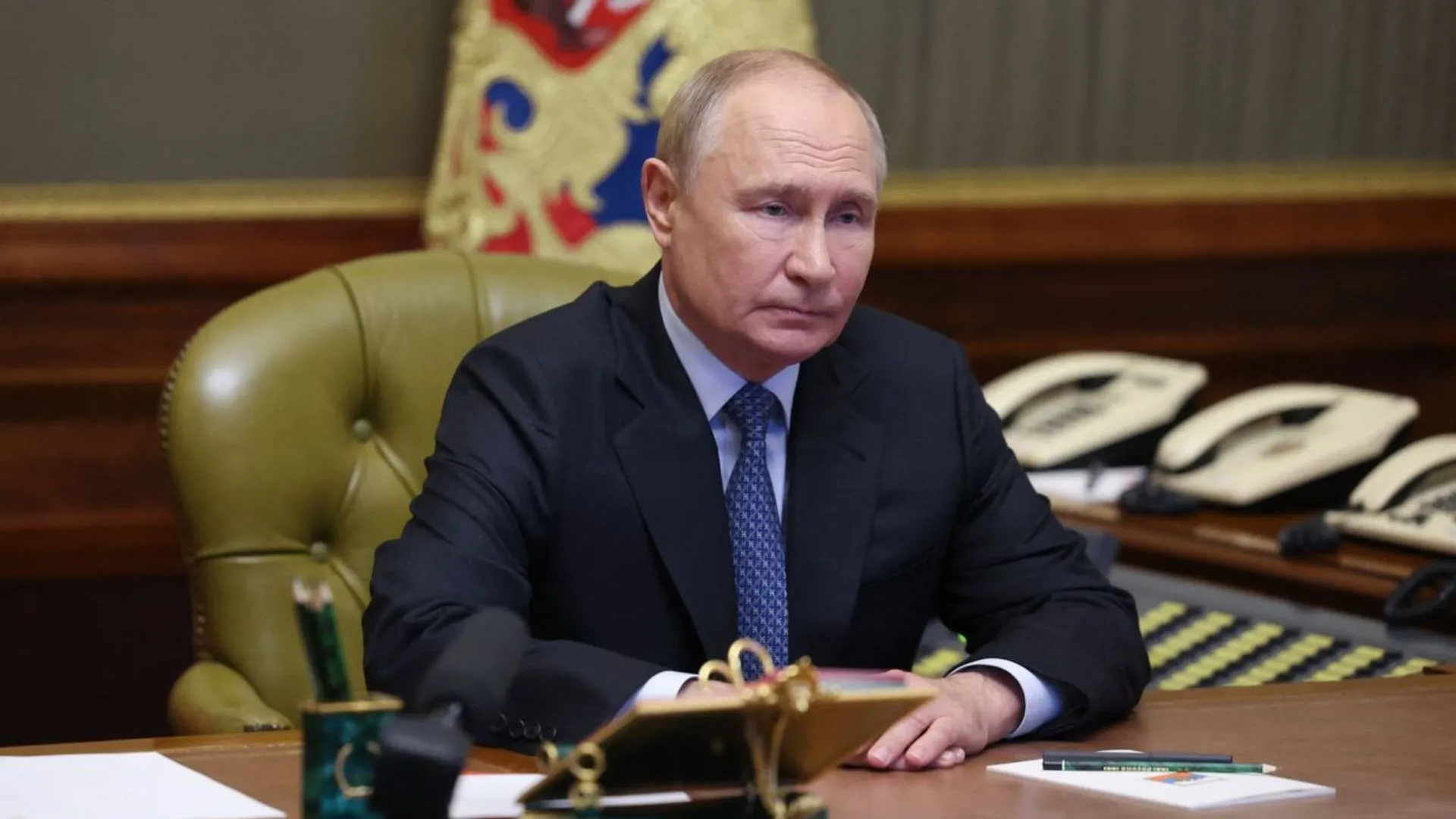Iran recently lifted its ban on expensive foreign goods. The government allowed imports like iPhones and foreign cars, aiming to ease the pressure of ongoing sanctions. Although this move responded to public demand, it also led to people buying low-quality, locally-made cars that have been criticized as “death wagons.”
Economic Struggles in Iran
Despite the lifted import bans, Iran’s economy continues to struggle, worsened by international sanctions. The rial has fallen sharply against the dollar, making daily life harder for ordinary Iranians. As a result, many have turned to gold, real estate, and cryptocurrencies to protect their wealth. “It’s more about perception than reality,” said economist Saeed Leilaz.
Impact of the ‘Resistance Economy’
Around 15 years ago, Supreme Leader Ayatollah Ali Khamenei introduced the “resistance economy” to reduce Iran’s reliance on foreign imports amid sanctions. While the approach provided some short-term relief, it hasn’t resolved deeper economic issues. In addition, Iran managed to strike deals with China to continue selling discounted oil, which has helped Iran’s financial situation to some extent.
Imports and Prices on the Rise
In the last Persian year, Iran imported $3.2 billion worth of mobile phones. Notably, high-end phones like iPhones have become a major source of tax revenue for the government. However, these quick fixes do not address Iran’s long-term economic struggles. As economist Leilaz explained, “Lifting restrictions on a few platforms or allowing iPhone imports are the kinds of steps the government can take quickly and with minimal cost.”
Car Imports and Local Market Pressure
In 2017, Iran banned foreign car imports to support local manufacturers, whose cars are often criticized for low quality. Despite this, the demand for high-quality foreign cars has remained strong, driving their prices up. “As a result, imported cars have skyrocketed in price,” said Saber, a car dealer in Tehran.
Trump’s Policies and Iran’s Future
As Iran’s economic situation worsens, officials worry about the possibility of widespread protests. Trump’s policies, including sanctions, are putting additional pressure on the country. Most recently, Trump signed an executive order to stop Iran’s oil exports, which could significantly worsen the situation. With the rial continuing to fall, Iranians are feeling the impact more than ever. “Everything depends on the dollar,” said Saeed Maleki at a car show in Tehran.























